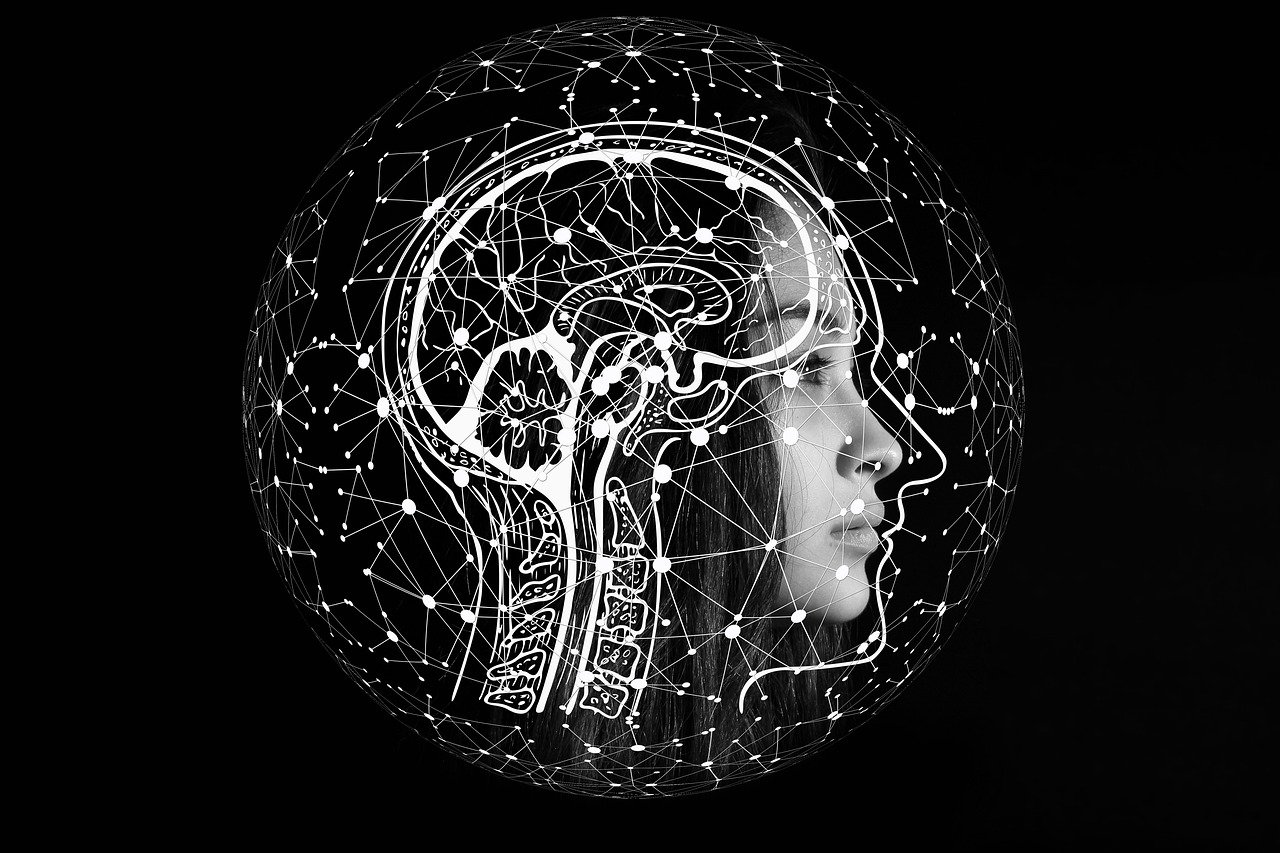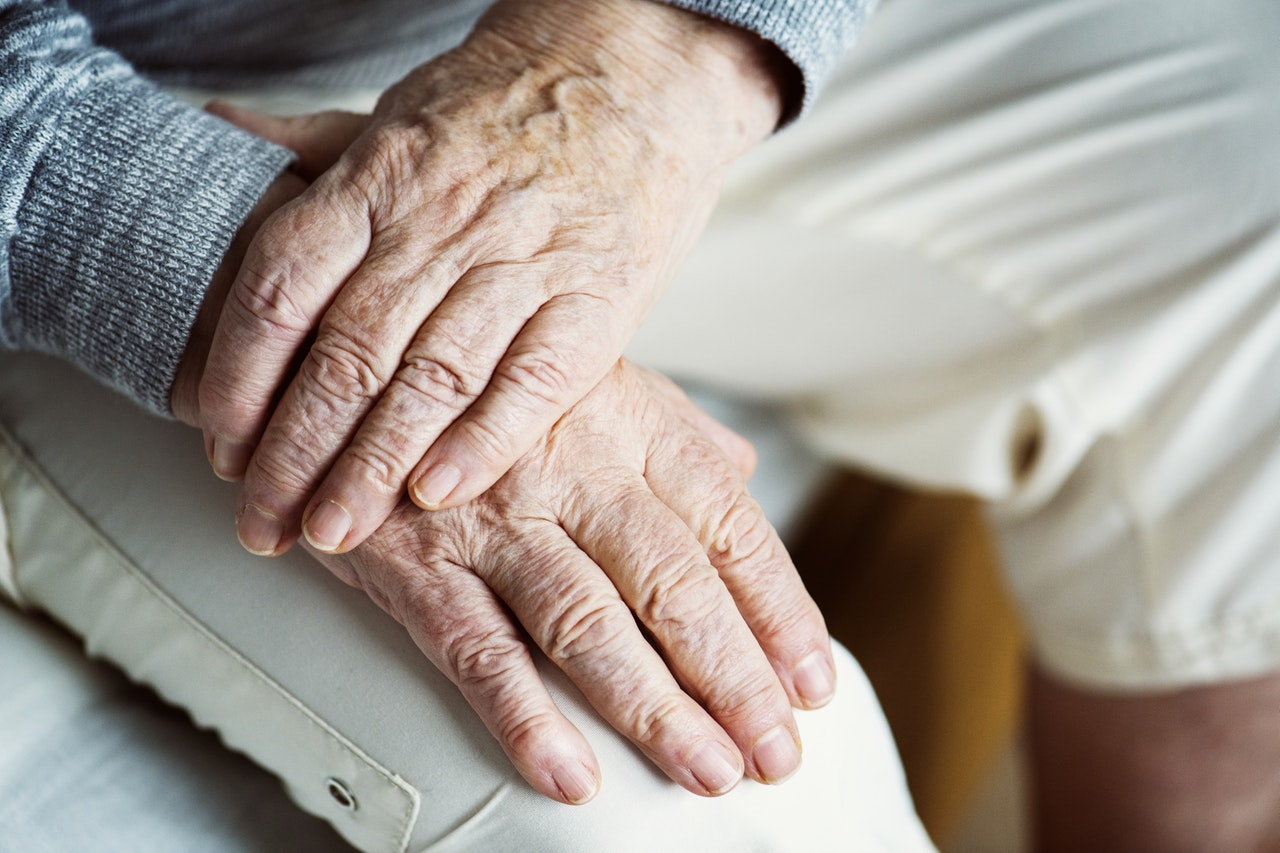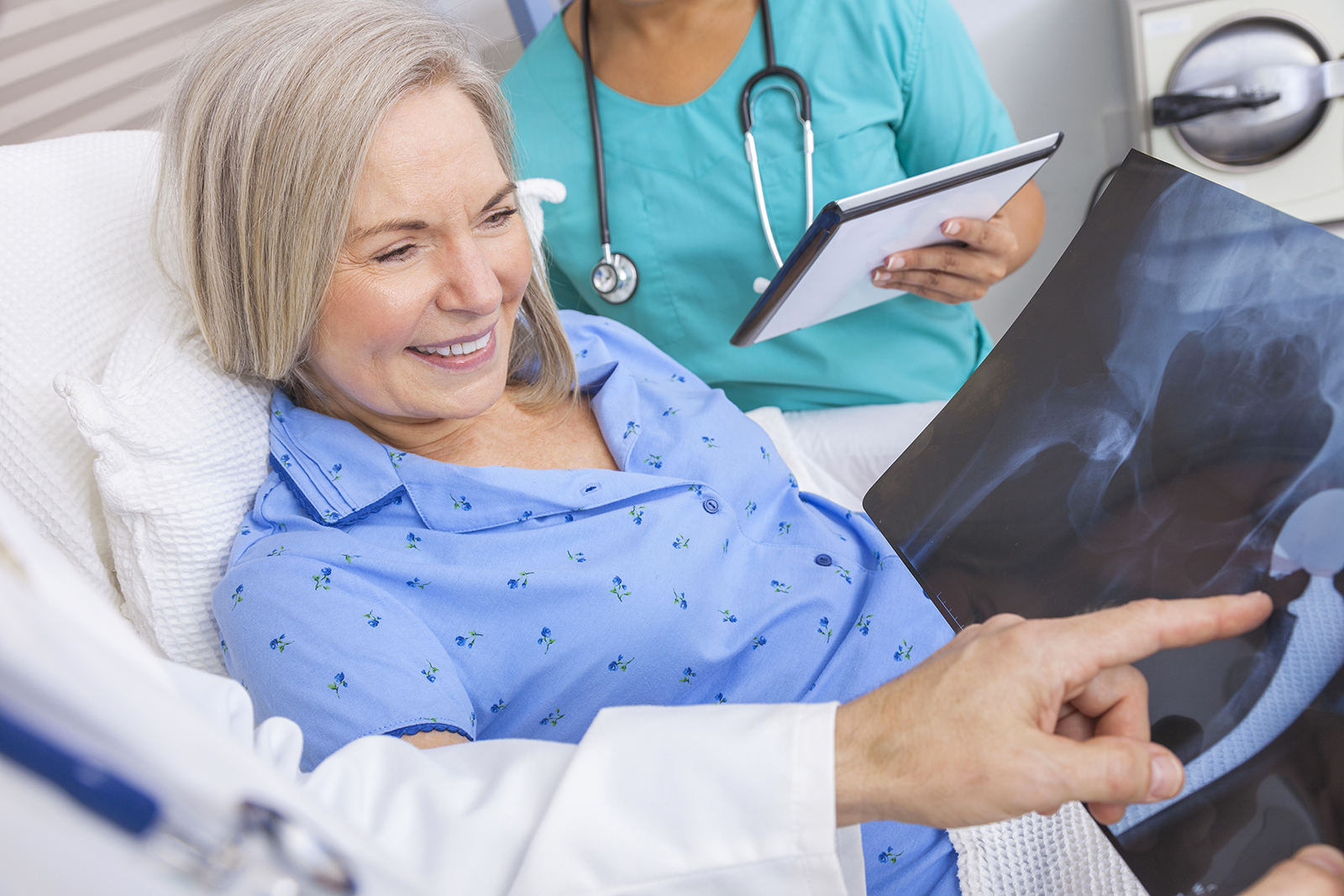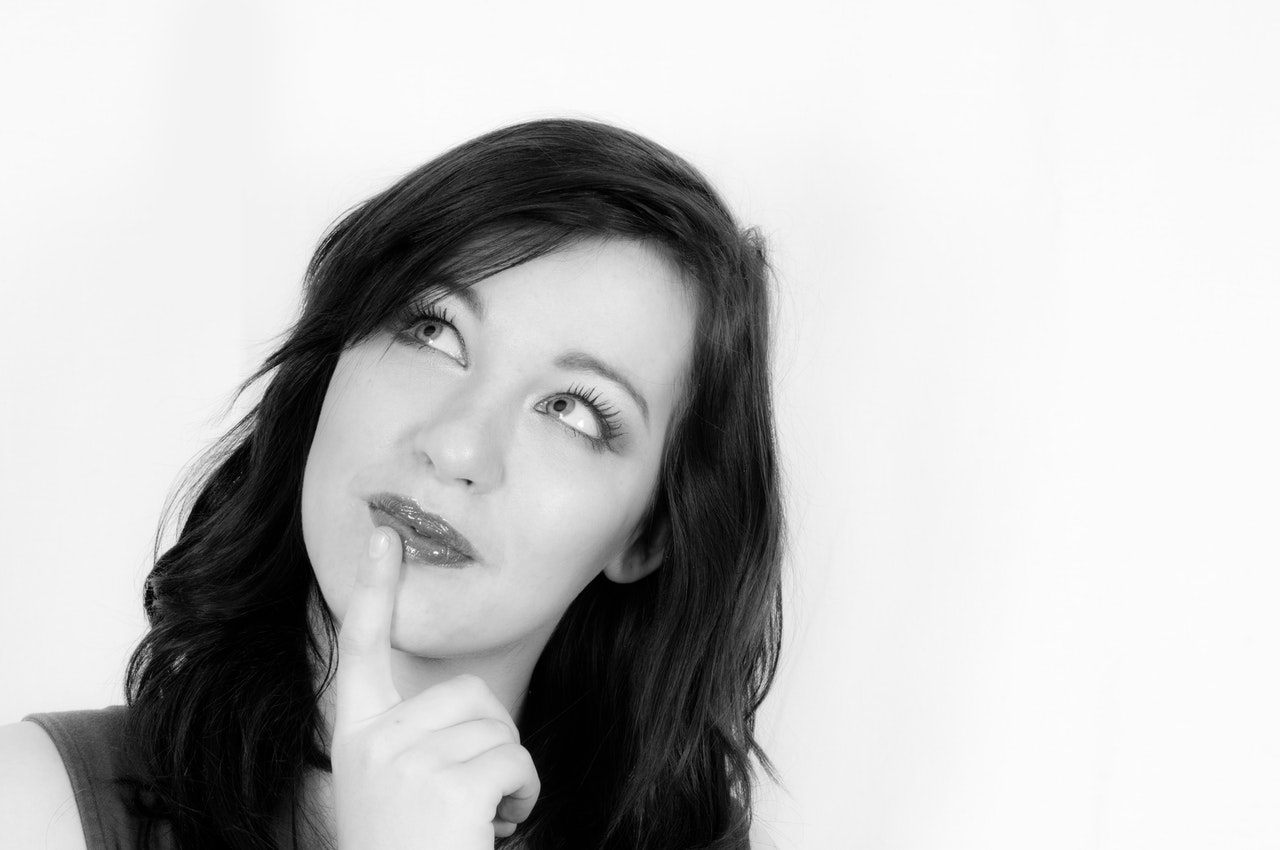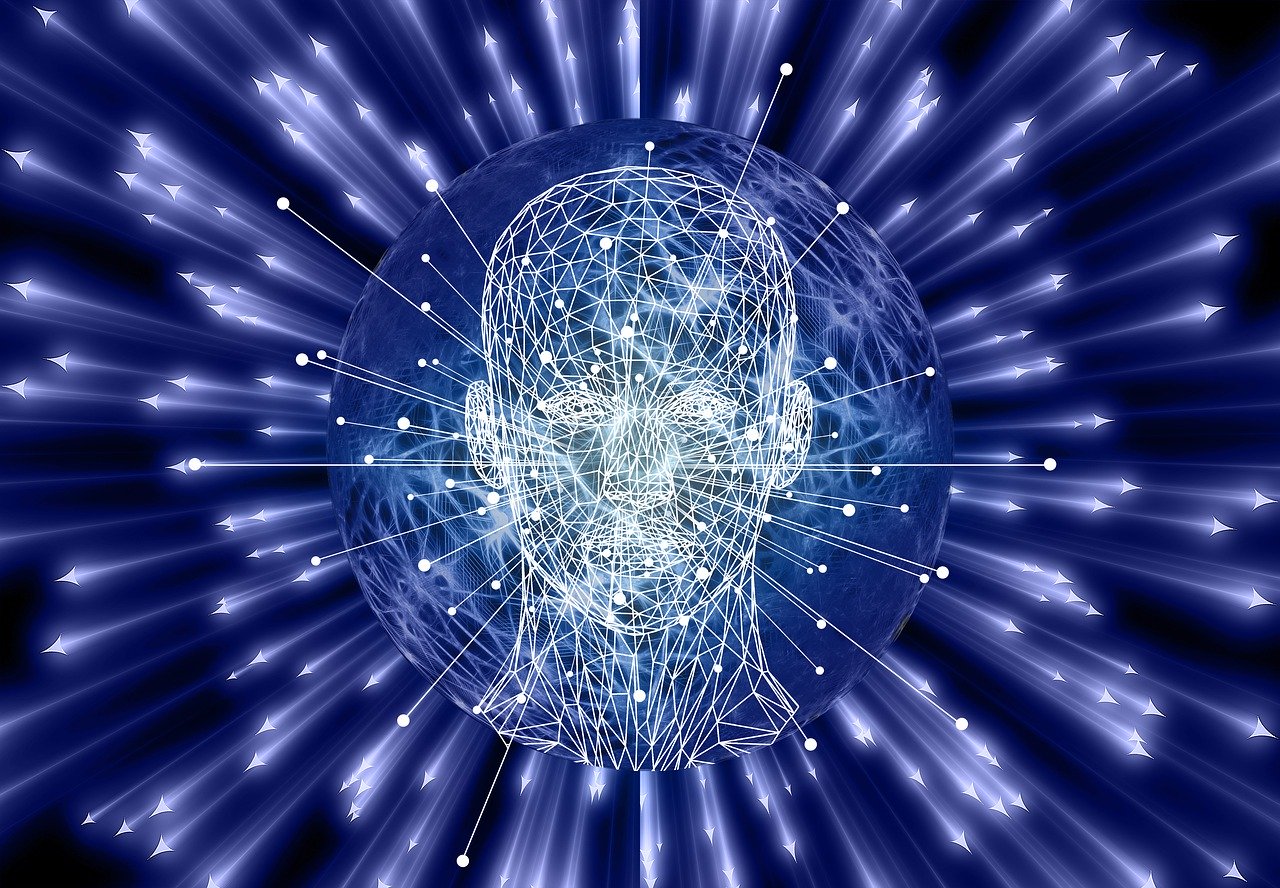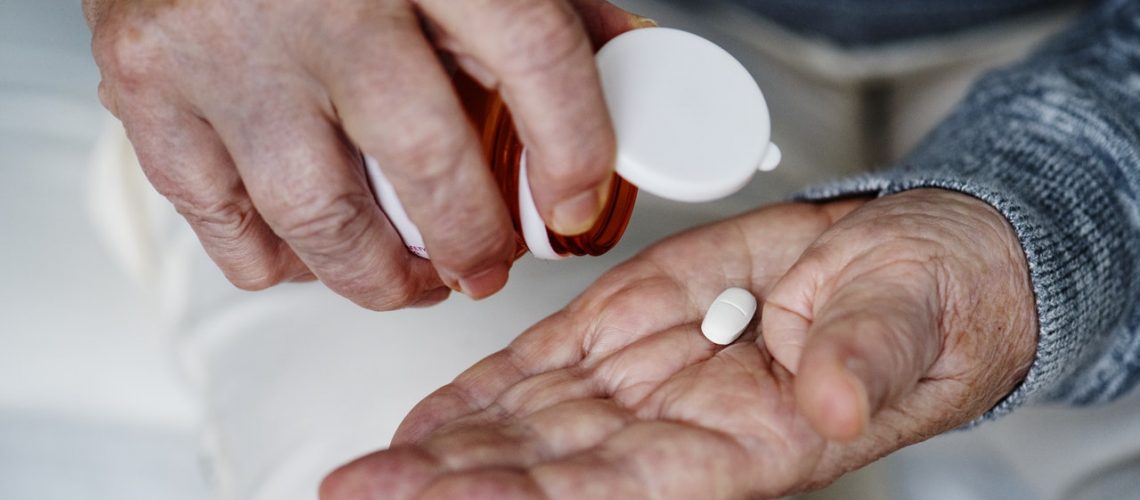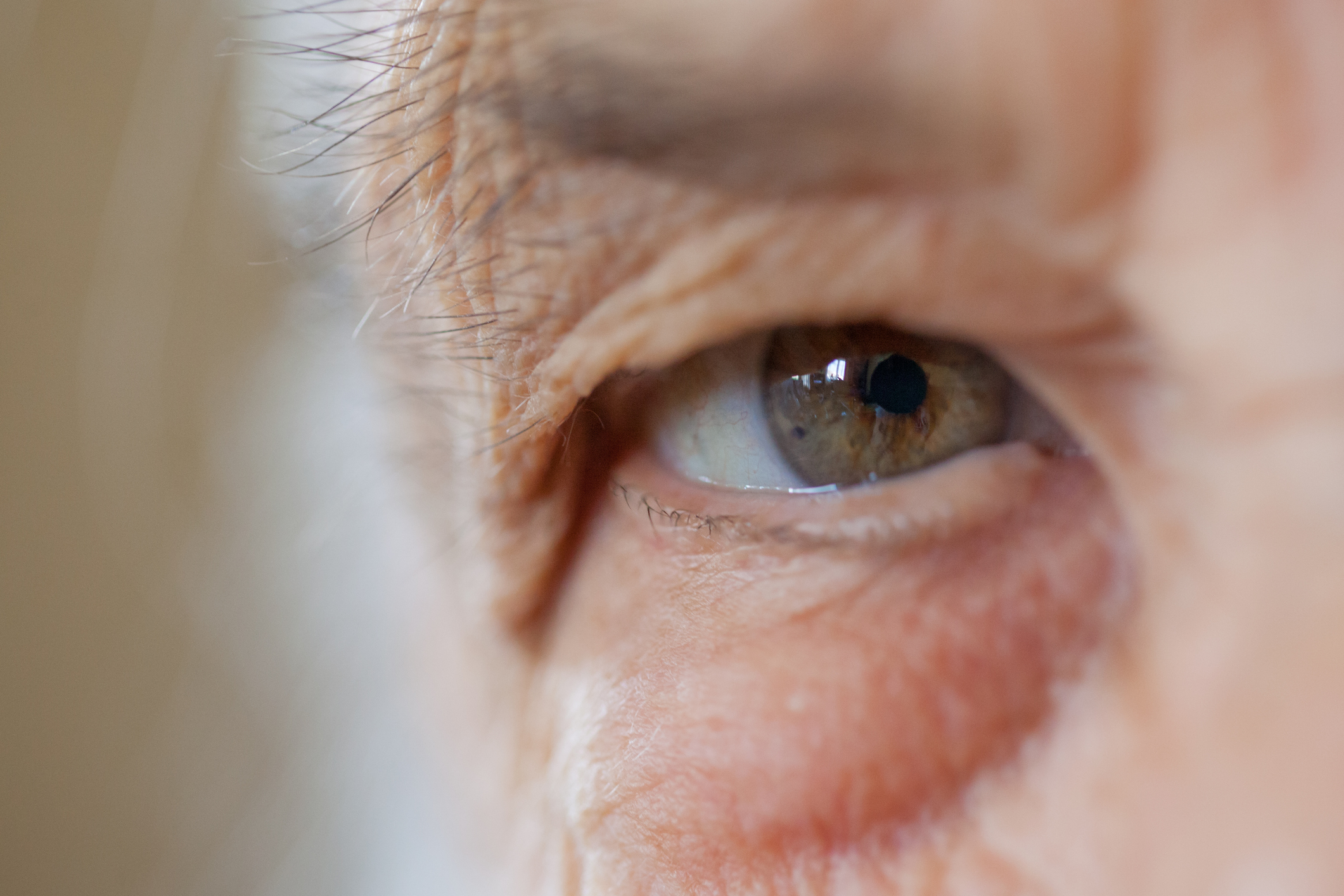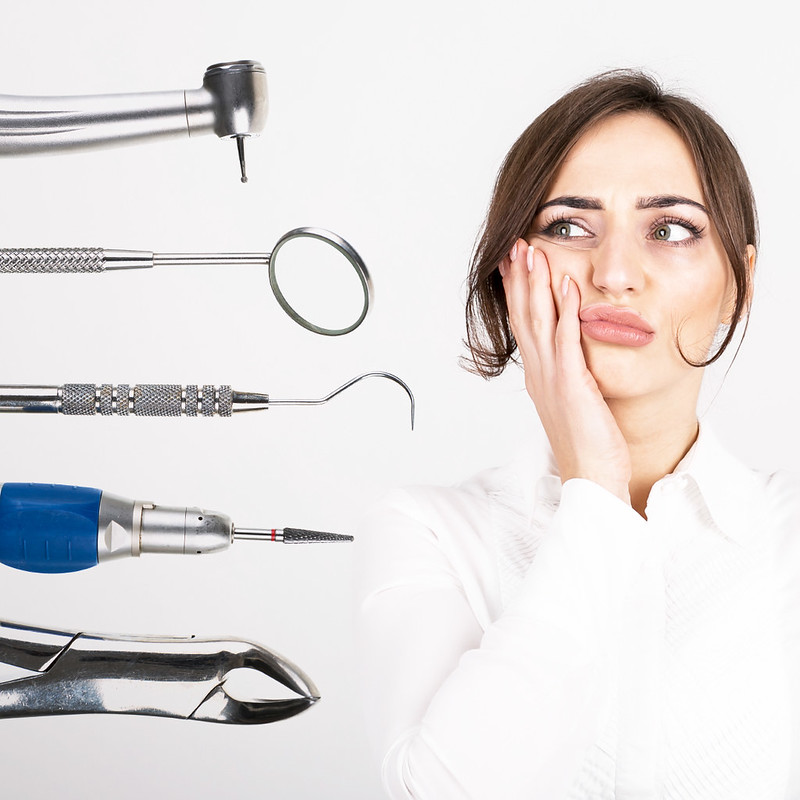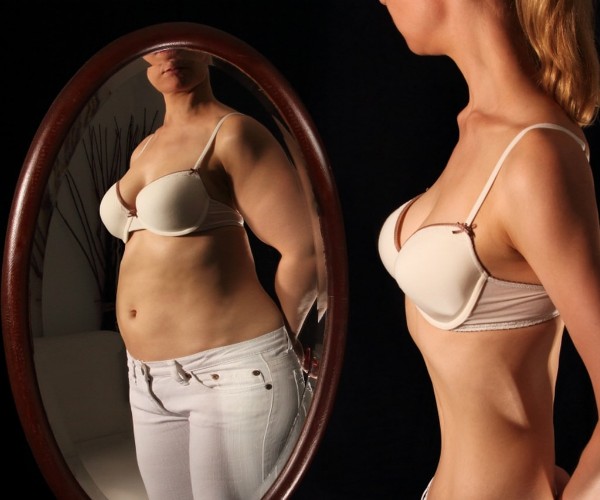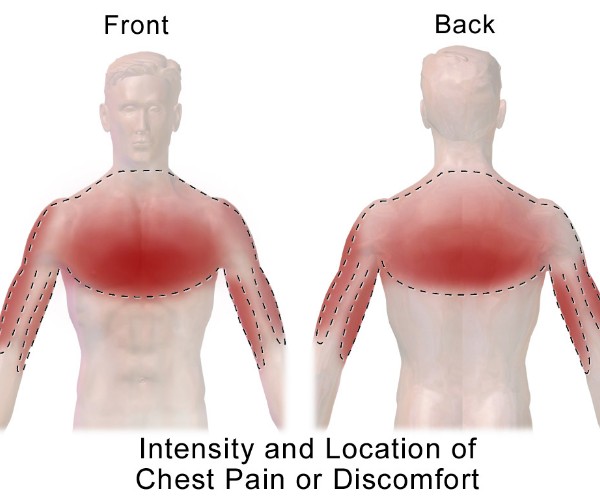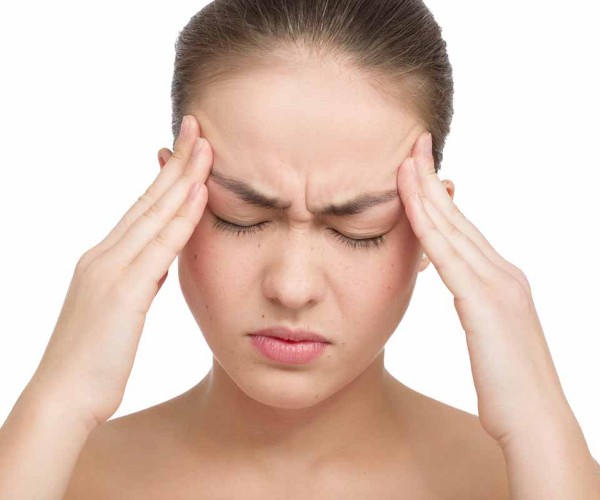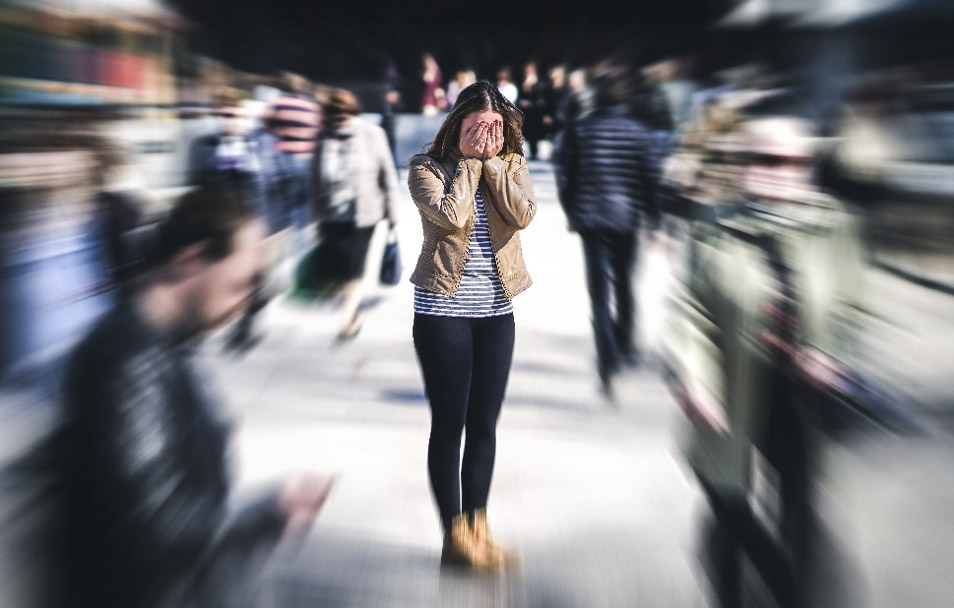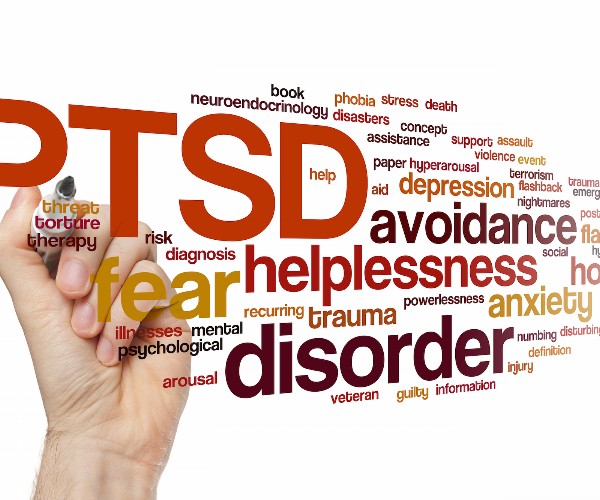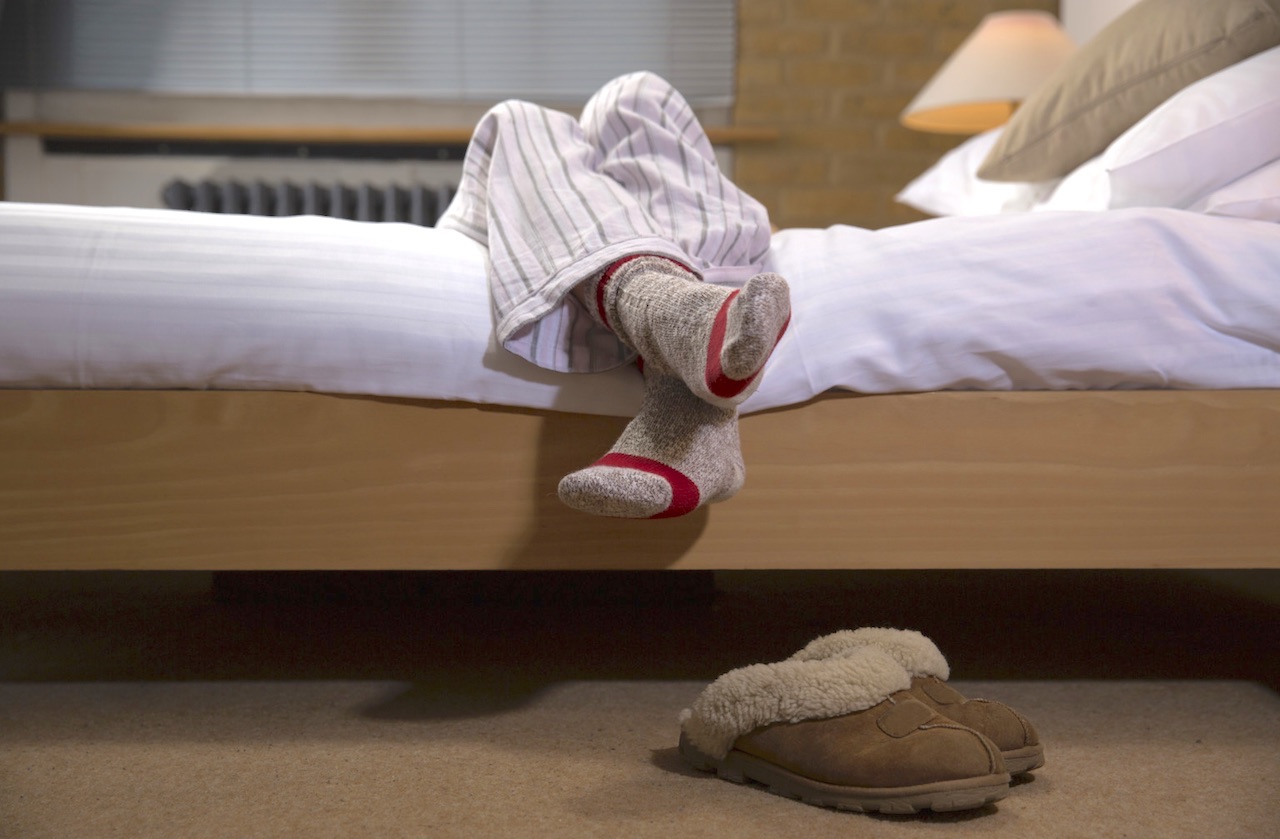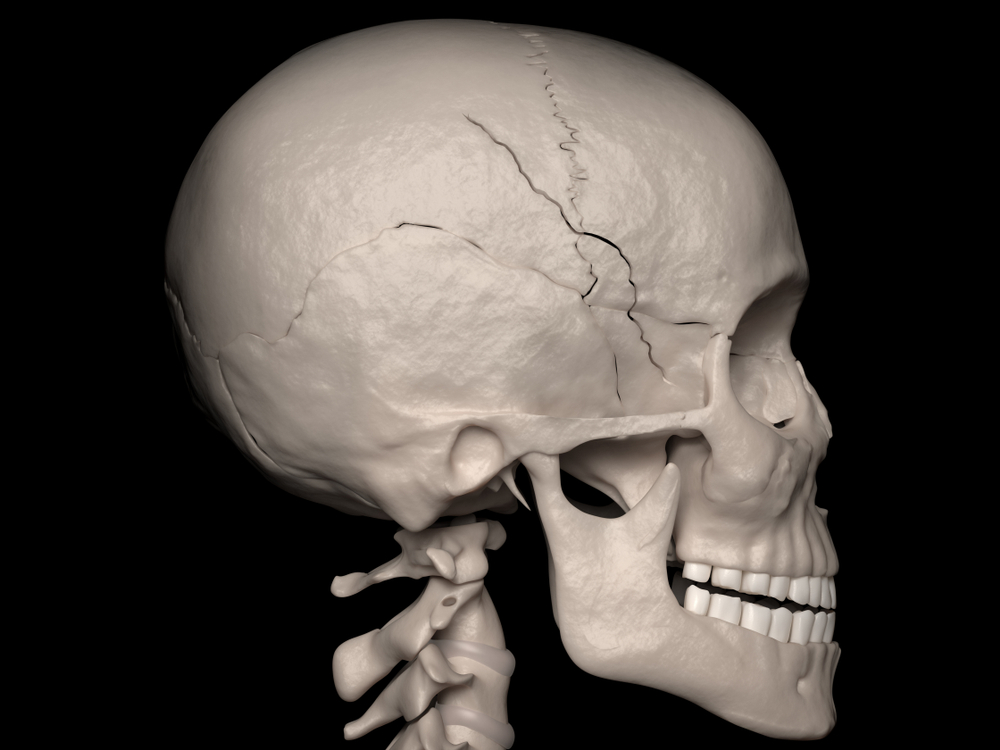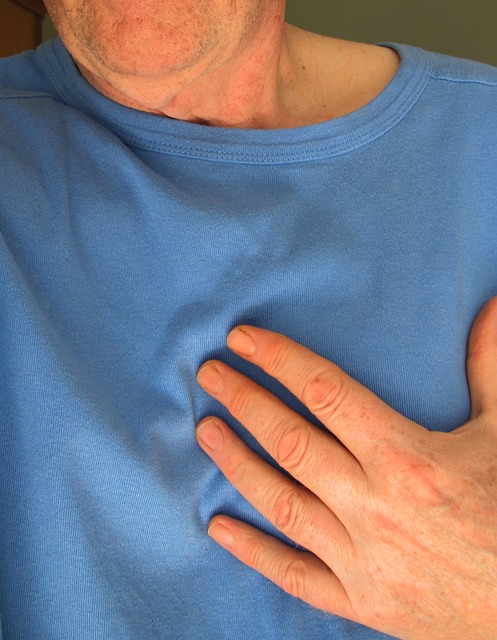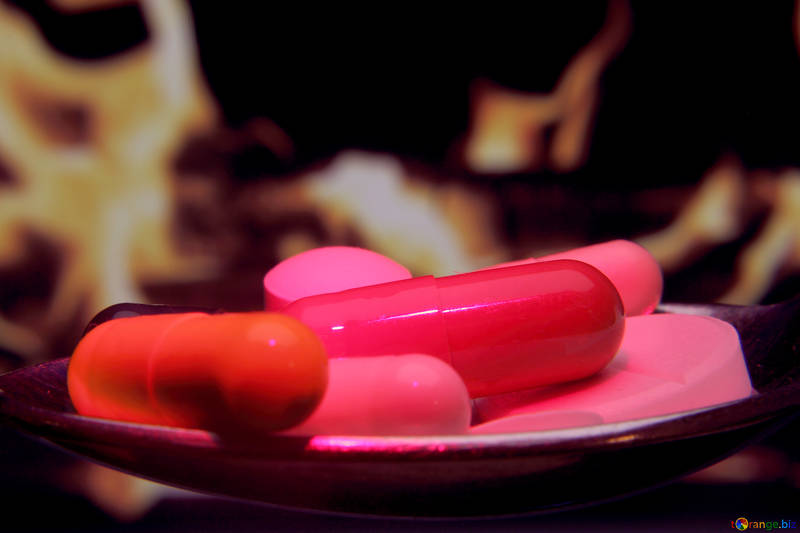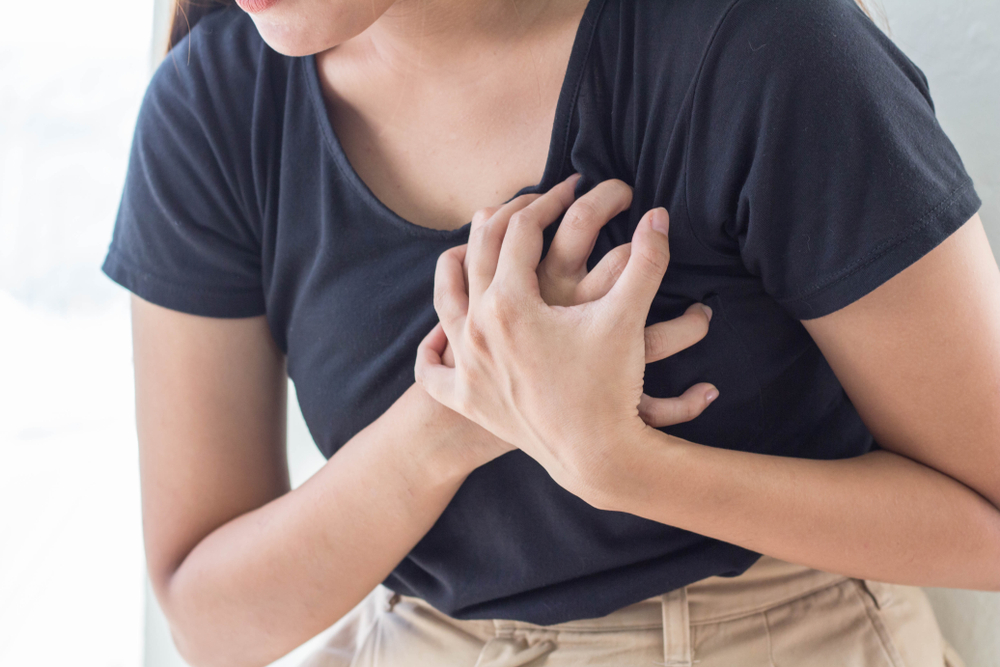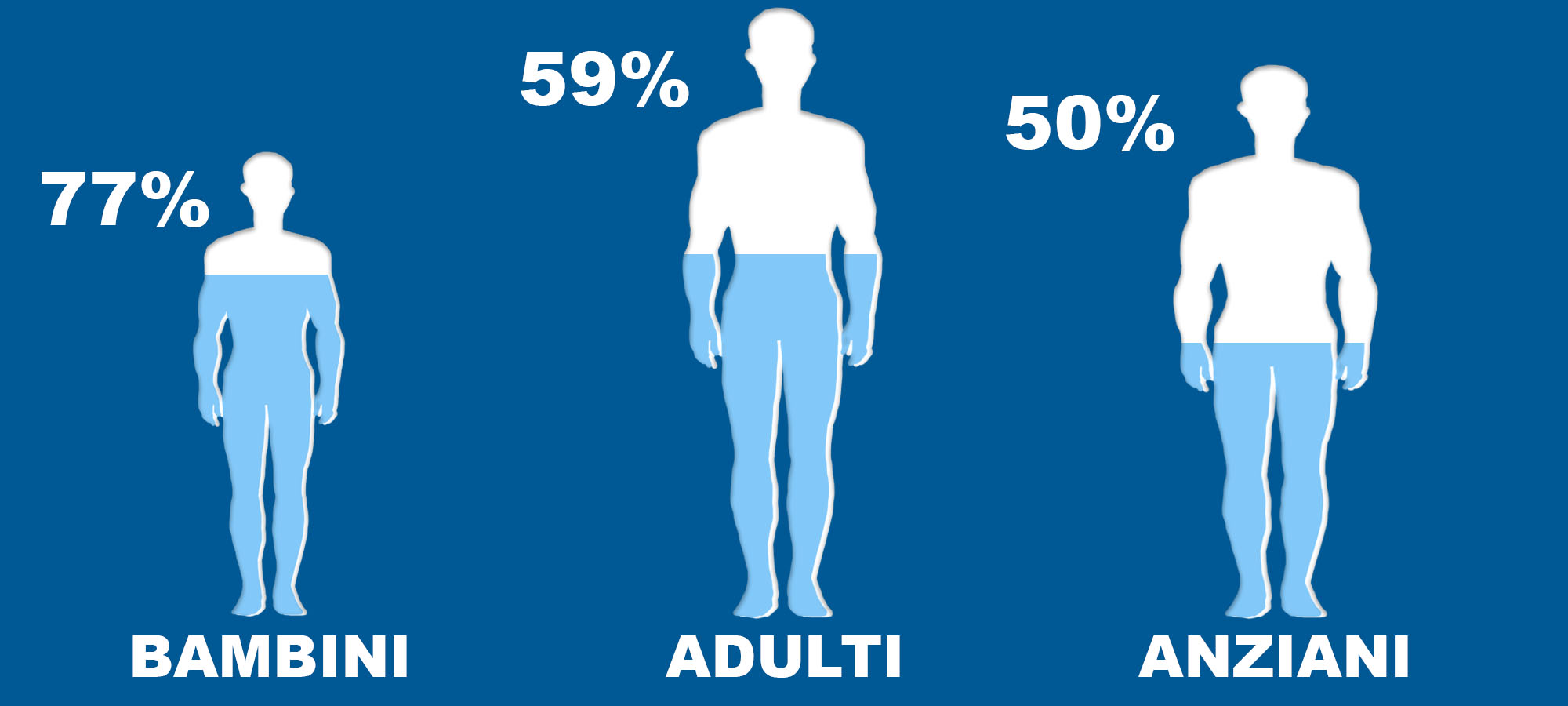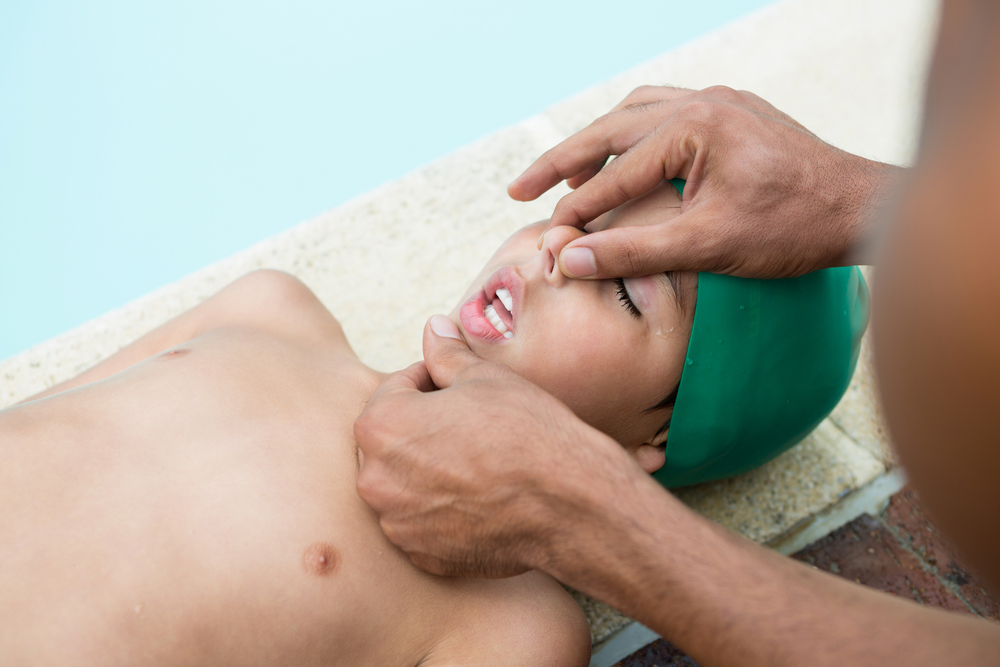From the myth of happy pills to integrated care
“Like most people I thought antidepressants worked”-so begins the book by Irving Kirsch, professor of psychology at Harvard and Plymouth, now available in Italian from Tecniche Nuove Editions under the title “Antidepressant drugs: the collapse of a myth. From happy pills to integrated care“. Page after page, with the force of numbers, Kirsch clarifies how he came to the conclusion that antidepressant drugs, when compared with placebo, have a modest degree of efficacy, documentable only in severe forms of depression, which on the other hand are a small minority of the manifestations of the disease. The book since it was published in England has sparked an uproar that is still in full swing.
They took the field, on the one hand, Marcia Angell, former editor of the New England Journal of Medicine, who took her cue from the book to draw an unapologetic analysis of American psychiatry judged to be on the bandwagon of the pharmaceutical industry (in the last 20 years antidepressant consumption has increased by 400 percent!), and on the other hand Peter D. Kramer, the head of the taskforce in charge of drafting the fifth edition of the DSM, the Diagnostic Manual of International Psychiatry, who defended antidepressants. In the middle is Thomas Insel, director of the National Institute of Mental Health, who stated in Psychiatric Times that in fact the difference with placebo is found only in severe forms of depression, so it is true that many people do not respond to drug treatment. According to the meta-analysis that Kirsch presents in the book, the difference between medication and placebo ranges from 16 to 18 percent in favor of medication, with a reduction of just two points on the Hamilton scale, which is the instrument for measuring depressive symptomatology. In short, little stuff, among other things full of side effects, that does not justify pivoting the treatment of depression into drug treatment.
In the final chapter Kirsch summarizes existing alternative approaches: psychotherapy, meditation, physical activity, herbal medicine. In late July, an international research group of which Kirsch is a member, in Plos published a detailed Systematic Review of more than 100 controlled studies examining the effectiveness of psychopharmacology, psychotherapy and alternative therapies. The data confirm that there is no difference between medication and psychotherapy and that while there is a (modest) difference between them and placebo, there is no statistically significant difference with alternative therapies (physical activity and acupuncture). Some positive difference in effectiveness can be seen from the combination of medication and psychotherapy. In short, integration of care is the way to go. Kirsch will speak about this in Milan at the Depression Conference organized for Nov. 24 by the Italian Society of Psychoneuroendocrinoimmunology (www.sipnei.it ). In this framework, meditation also proves to be a useful tool.
A recent study of ours submitted for publication to a qualified international journal and presented in the second edition of Meditation Psyche and Brain, New Techniques-shows that a short 4-day course reduces depressive symptoms by almost three times. The study, carried out by an interdisciplinary team including Sipnei psychologists and researchers and faculty members from the Faculties of Medicine in Ancona and Pharmacy in Urbino, was conducted on 125 people participating in our courses: The strong reduction in anxious-depressive symptoms seen at the end of the course is coupled with an equally sharp reduction and regulation of the discharge of cortisol, the main stress hormone.
by Francesco Bottaccioli



